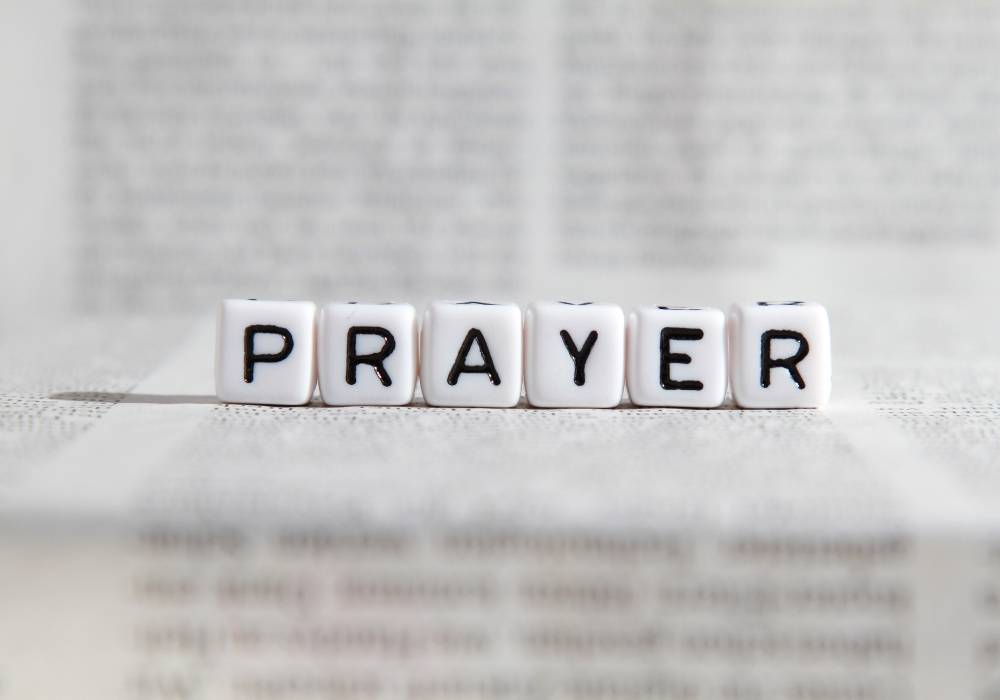When you are down, when it seems your prayers are never heard, remember that Our Lady worked a miracle to save Austria from communism – because of prayer!
The amazing story of Fatima continues to inspire millions of people around the world, even today, 100 years after the apparitions.
A dark night began for Austria in the year 1938. In that year, the Nazis stormed across the border from Germany. Nazi terror lasted for several years until the Allies (United States, Britain, France and Russia) liberated Austria. But the danger was not over because now the Russian Red Army was in control of much of the country, where it began to impose a second wave of terror.
According to the treaties that ended World War II, the Russians were to leave once peace had been secured. But it was clear they meant to stay and would bring Austria into the tyranny they were imposing throughout Eastern Europe. The upshot was Austria looked set to remain a conquered nation; the situation could not have been bleaker.
At this point, in 1946, there entered the picture a man who would change everything. He was the humble Capuchin friar Father Petrus Pavlicek.
Father Pavlicek was born in the Austrian Tyrol and ordained priest in the Capuchin Order in 1941. By that time, World War II was raging across Europe. He was conscripted into the army and taken prisoner until the war ended in 1945.
Returning home, he felt a great desire to sacrifice himself for the spiritual welfare of his people. But he did not know how he should do that. So he set off on pilgrimage to Austria’s national Marian shrine, the Basilica of Mariazell, to lay his concerns at the feet of Our Lady.
Mariazell was a major centre of Marian pilgrimage. The shrine grew up around a miraculous statue of Our Lady which had been there for centuries. On the 2nd February 1946 Father Pavlicek was praying ardently before the statue of Our Lady when he perceived that she was answering his prayers. He felt a great inner consolation and distinctly heard an inner voice saying, “Do as I say, and you will have peace.”
Fr Pavlicek knew it was a message for Austria as much as for him. Of course! She is referring to her message given years before at Fatima, he thought to himself. [“…If they do as I say there will be peace, if not, another even worse war will begin…”]
Fatima! If only we had taken it seriously, if only the world had listened. Father Pavlicek set out for home with his mission clearly in view: he would launch a crusade of reparation to the Immaculate Heart of Mary for the spiritual renewal of Austria.
In 1947 he founded the Crusade of Reparation of the Holy Rosary with the approval of his superiors. Father Pavlicek’s call was heard by his countrymen. Austrians of all ages and walks of life began joining round-the-clock rosaries. The bishop of Leiria, Portugal, sent a gift of a statue of Our Lady of Fatima, which Father Pavlicek took on pilgrimage all over the country.
Father Pavlicek’s call to conversion and amendment of life struck the hearts and minds of Austrians. During a round of preaching in eleven villages in Amstetten he personally heard 6,000 confessions. On another occasion Father Pavlicek sat in the confessional non-stop without a single break for three days!
He had no time for half-hearted or conventional religion. One morning as he was about to celebrate Mass he noticed the church was full of women. “Where are your husbands?” he asked. He was told they customarily stayed outside until after the sermon. So he went out and gave the men a choice: “Either you come inside, or I’ll celebrate Mass out here.” Thus did the good priest end that bad custom.
In a short time, the Crusade had a standard pattern of devotions: Mass, Rosary, preaching, blessing of the sick, and confession. Fr Pavlicek nicknamed these devotions “assaults of prayer”. These “assaults” would be repeated in “sieges” that could last up to five days before he moved on to the next city. He said that Heaven must be stormed with these “assaults of prayer” to obtain peace, for “Peace is a gift of God, not the work of politicians.”
Huge processions took place, in which the statue of Our Lady of Fatima was honoured as the Queen of Heaven and Earth. At first, Vienna’s Cardinal Innitzer resisted the processions and refused to take part. This didn’t discourage Fr Pavlicek. Prime Minister Leopold Figl was enthusiastic from the start: “Even if just the two of us be present, I will go. My country demands it!”
All this time the great powers were discussing Austria’s fate. But Russia refused to honour the agreement to withdraw once peace had been established. It was a trying time as talks dragged on and on, year after year.
Father Pavlicek kept the impetus of the Crusade from flagging by exhorting Austrians to intensify their “sieges of prayer”. Then, surprisingly, in March 1955 the Soviets announced their willingness to leave. In May, all the Allies signed a treaty guaranteeing Austria’s independence. The last Soviet soldier left in October.
In Vienna and throughout Austria there was an outpouring of joy and gratitude to Our Lady. Huge processions of thanksgiving took place. Prime Minister Raab spoke for the whole country when he declared: “Today, we, whose hearts are full of faith, cry out to Heaven in joyful prayer: We are free. O Mary, we thank you!”.
Opinion piece written by Paul Folley.

